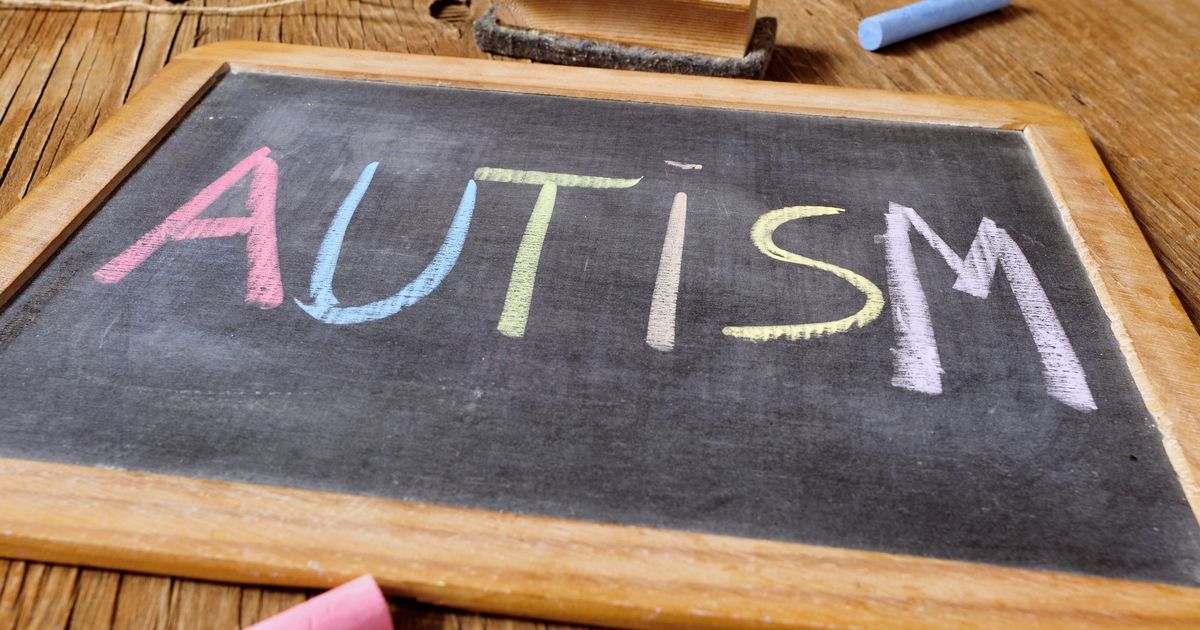
There are a lot of misconceptions about autism.
As the climate activist Greta Thunberg (who is on the autism spectrum) points out, autism isn’t “something you have,” nor is it a disease. Rather, the Centers for Disease Control defines autism as “a developmental disability that can cause significant social, communication, and behavioral challenges.”
So let’s all join in spreading awareness. It could literally save lives. Autism is not a disease. It’s not something you ”have”. It’s definitely not ”caused” by anything like vaccine or diet. 6/7
— Greta Thunberg (@GretaThunberg) April 2, 2021
It simply means that you are a bit different from everyone else. And in a world where everyone strives to act, think and look the same – being different is truly something to be proud of.
Thats why I’m very proud to be autistic. 7/7#AutisticAndProud #AspiePower #ActuallyAutistic— Greta Thunberg (@GretaThunberg) April 2, 2021
While there’s much to learn about autism to shed yourself of harmful misconceptions, here are some basics to know.
1. Autism isn’t linear
Autistic people aren’t “more” or “less” autistic. These kinds of labels, such as “low” and “high functioning,” can actually harm autistic people because it ignores the fact that autistic people’s characteristics and skills can fluctuate — even within the same day, says Lydia X.Z. Brown, an autistic attorney. This kind of dismissal can make it hard for autistic people to get the support they need.
Autism doesn’t operate on a linear spectrum, that is autistic people don’t fall somewhere on a line with “less autistic” at the beginning and “more autistic” at the end. Rather autistic people, like everyone else, have varying skillsets.
Depending on the person. Personally I’m not a visual learner, but some autistic people are.
Consider replacing ASD with neurotypicality and see what you’d think the answer is.. (i.e. everyone is a different person with different preferences, we’re not a monolith).
— AutisticSciencePerson (@AutSciPerson) April 10, 2021
2. Autistic people aren’t incompetent
Brown says one of the most dangerous assumptions about autistic people is the presumption that they’re incompetent.
“…especially if [they’re] non-speaking or having higher support needs, are not capable of exercising agency, of making decisions, of having or expressing preferences or goals or desires,” says Brown.
They say this belief is dangerous because it leads to controlling and managing autistic people, such as the legal practice of guardianship.
please 👏 stop 👏 infantilizing 👏 neurodivergent 👏 people 👏
this is an issue, many ppl often do it without realising! we might need understanding & accommodations made, but that isn’t a reason to assume we can’t enjoy adult things or do things on our own #ActuallyAutistic
— Rana ラナ 🏴🧡 (@comfyRana) April 14, 2021
3. Language matters
While person-first language is preferred when it comes to descriptors like person with a disability, that doesn’t usually hold when it comes to autism.
Of course, you should always ask how someone wants you to describe them, as some autistic people may prefer you say “person with autism.”
4. Listen to autistic people
The hashtag #ActuallyAutistic is a wealth of knowledge when it comes to learning about autism and autistic people. This is because many of the posts are written by autistic people.
One of the Brown’s gripes about the conversation about autism is they feel it is still dominated by non-autistic people.
“…to the extent that autistic people ourselves are offered more of a platform or an opportunity to be considered as collaborators in autism research or in policy-making that affect autistic people or in service delivery, the autistic people who are the most likely to have access to that position or platform are likely to be white,” says Brown.
Friendly reminder to other white nds that while we might experience discrimination, it’s never because we are white#ActuallyAutistic
— EarthNamek (he/they) check pinned! (@earthnamek) April 16, 2021
